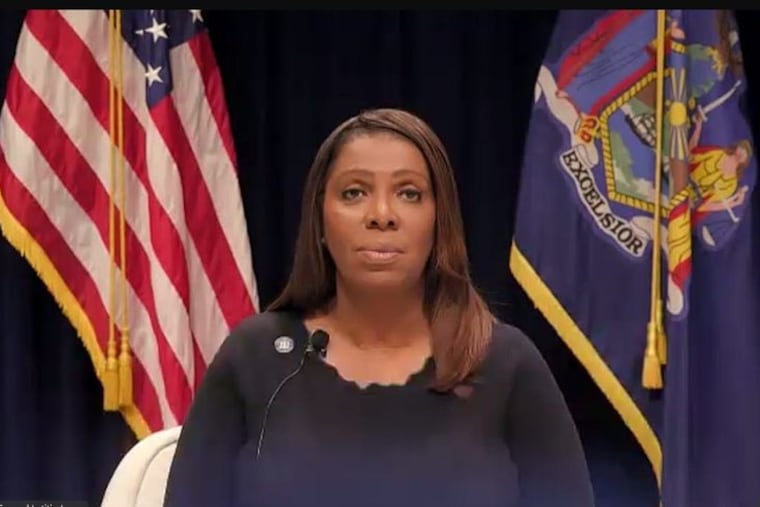NYC Mayor Adams requests court to lift order preventing ICE from establishing operations on Rikers Island.
Attorneys representing New York City Mayor Eric Adams are currently appealing a Manhattan Supreme Court ruling that enforces a temporary restraining order against the administration’s efforts to permit U.S. Immigration and Customs Enforcement (ICE) to operate on Rikers Island. The legal filings were submitted on Monday and focus on a restraining order issued by Judge Mary Rosado on April 25, 2025, which halted any negotiations or operations with federal immigration authorities pending a hearing set for May 29.
The underlying lawsuit, initiated by the City Council, claims that the executive order from the Adams administration facilitating ICE’s presence on Rikers Island is the result of a “corrupt” agreement between Mayor Adams and former President Donald Trump. This agreement was allegedly made to secure the dismissal of a federal corruption indictment against the mayor in exchange for cooperation with efforts to identify and deport undocumented immigrants.
According to the complaint, the executive order violates local ethics regulations that prevent public officials from taking actions that could benefit themselves. Furthermore, the Council asserts that the order lacks validity since it was executed by First Deputy Mayor Randy Mastro rather than Mayor Adams. In response, the defense team dismissed these claims by asserting that the order adheres to the city’s administrative laws and contesting that the Council’s lawyers failed to present any immediate harm that would justify the imposition of such a restraining order.
The issue reignited concern regarding the implications for immigrant communities, as critics argue that allowing ICE back onto Rikers could lead to the apprehension and deportation of immigrants charged with minor offenses. ICE previously maintained a presence on Rikers until 2014 when strengthened sanctuary laws in the city barred federal agents from carrying out deportations on the island.
Additionally, the overwhelming majority of individuals held at Rikers are awaiting trial and have not been convicted of any crimes, further complicating the situation. Advocates express fear that the current administration’s actions could revive a harsh approach to immigration enforcement reminiscent of the Trump era, raising questions about civil rights and due process for New Yorkers.
While Mastro has stated that the executive order only pertains to criminal enforcement, he acknowledged potential repercussions if ICE engaged in civil enforcement but did not provide specifics. The upcoming court hearing will be critical in determining the future of ICE’s operations on Rikers Island and the broader implications for how New York City addresses immigration enforcement within its correctional facilities.
Media News Source.







